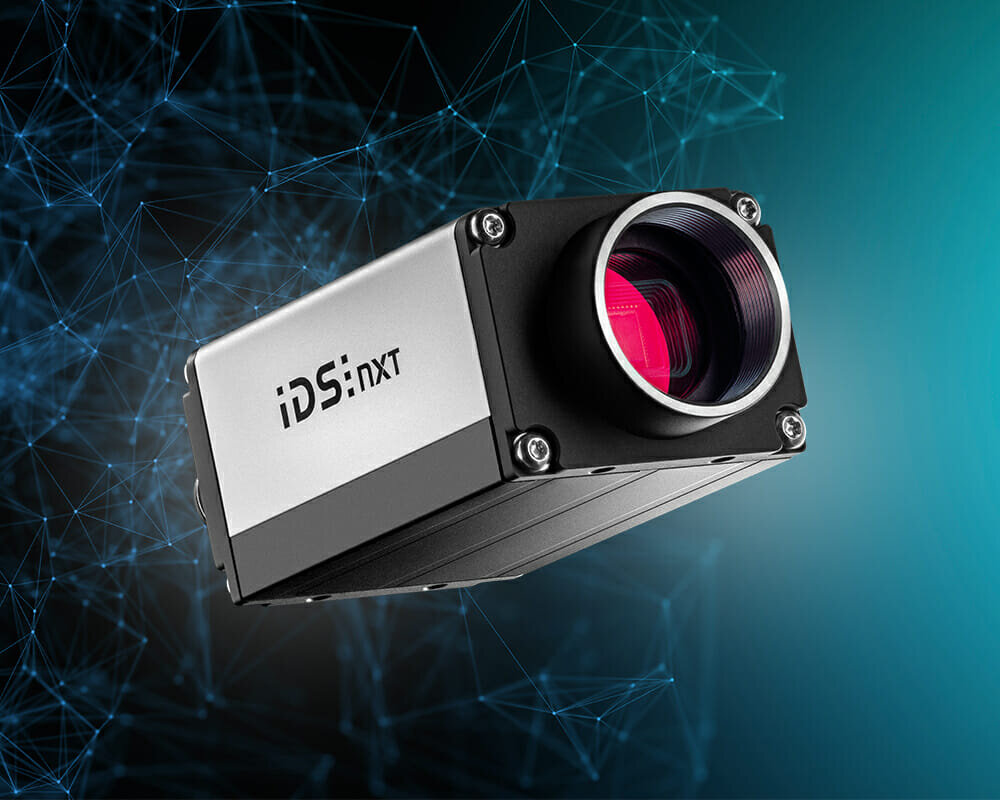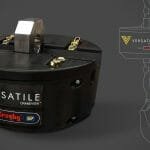IDS explains how to create an intelligent camera without prior knowledge.
How can machine vision technology help companies to keep their competitive edge? At UKIVA, IDS will showcase solutions for both the ever-growing field of robot vision as well as novel AI-based vision applications. “Ease of use” is becoming more and more important, which is why the recently launched AI system IDS NXT ocean was designed to train and execute neural networks on industrial cameras even by non-experts.As robotic vision becomes more common and 3D image processing is increasingly used in compute-intensive applications, interfaces and CPU power quickly turn into bottlenecks. Wouldn’t it be convenient if the 3D camera already did some of the computing? With Ensenso XR, IDS offers stereo vision cameras that process 3D data directly in the FPGA. The models are very robust thanks to IP65/67 protection class, feature 1.6 MP Sony sensors and can detect objects at working distances of up to 5 metres. Depending on the application, customers can also choose their preferred model from the 3D camera families Ensenso X and Ensenso N. At UKIVA, IDS explains how customers can make best use of them – for example, for applications such as pick & place or quality assurance.
Steve Hearn, Sales Director UK at IDS: “We’re looking forward to discussing our latest camera developments in the field of 3D vision and, in particular, the most recent IDS NXT models with on-board AI capabilities. We’re hoping to find new markets and applications that can benefit from on-camera AI and are keen to demonstrate our IDS NXT lighthouse cloud based AI model generator that opens up this technology to non-experts.” With the all-in-one system offered by IDS, neither special knowledge in deep learning nor programming skills are required to create and execute neural networks. This makes it particularly easy to get started with AI-based image processing.
Trade show visitors can experience the product novelties either directly at the IDS booth or learn more about them attending the company’s two lectures:
• Object detection with on-camera AI
• Machine vision with neural networks
Further information: www.ids-imaging.com








